

The Aeroworks research group at the Faculty of Information Technology BUT, has a wide portfolio of multidisciplinary competences which include research and development of human-machine interfaces, modeling and simulation, robust control systems, parameter estimation and identification of dynamic systems, and the design and implementation of complex software solutions for renowned industrial partners with global business outreach. These competences serve as a basis for the collaboration in research and development with prestigious university partners. The Aeroworks team members are proficient in academic research, regulations aware product development, with a special emphasis on meeting project goals (project cost, quality, and deadlines).
Laser sensor for autonomous driving of trucks is R&D project from TRANSPORT 2020+ Programme financed with the state support of the Technology Agency of the Czech Republic and the Ministry of Transport of the Czech Republic, performed in years 2021 to 2023. Informations about the NFL project can be found on TAČR website CK02000106.
The aim of the project was to research and develop an innovative laser sensor Near Field LiDAR (NFL) for autonomous driving of trucks. The sensor was developed according to the automotive development and safety standards (ASIL, A-SPICE). The research and development activities covered areas of laser optics, mechanical design, HW and SW aspects, automation and control, machine learning, signal processing, validation and testing. Four autonomous driving functions have been researched and developed to support the ScaLa NFL sensor. These functions relate to autonomous driving in traffic jams, automated safe moving off the truck, safe lane change maneuver and safe turn maneuver. These functions do not only rely on the ScaLa NFL data, but utilize sensor fusion estimates coming from other onboard sensors.
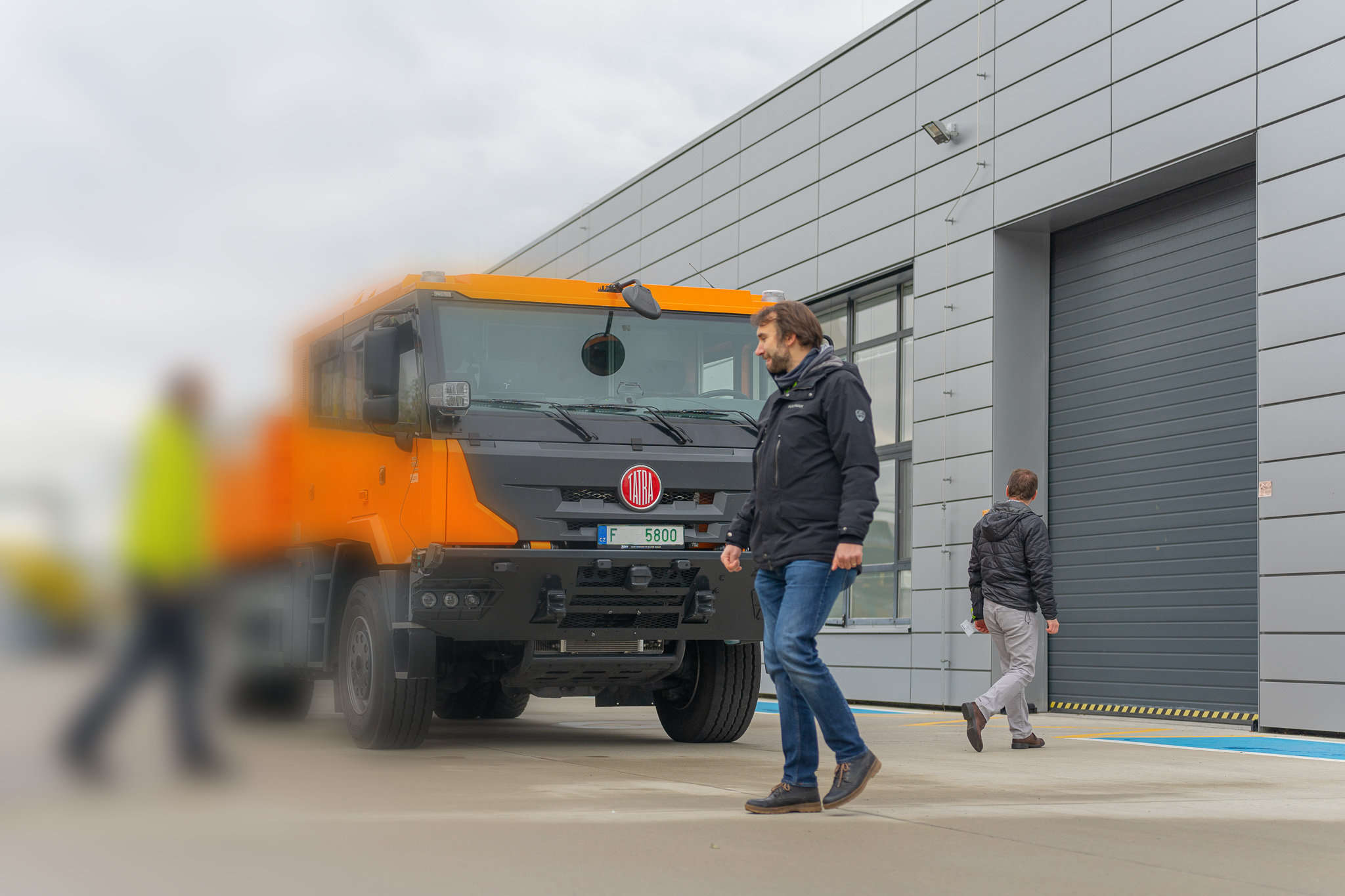
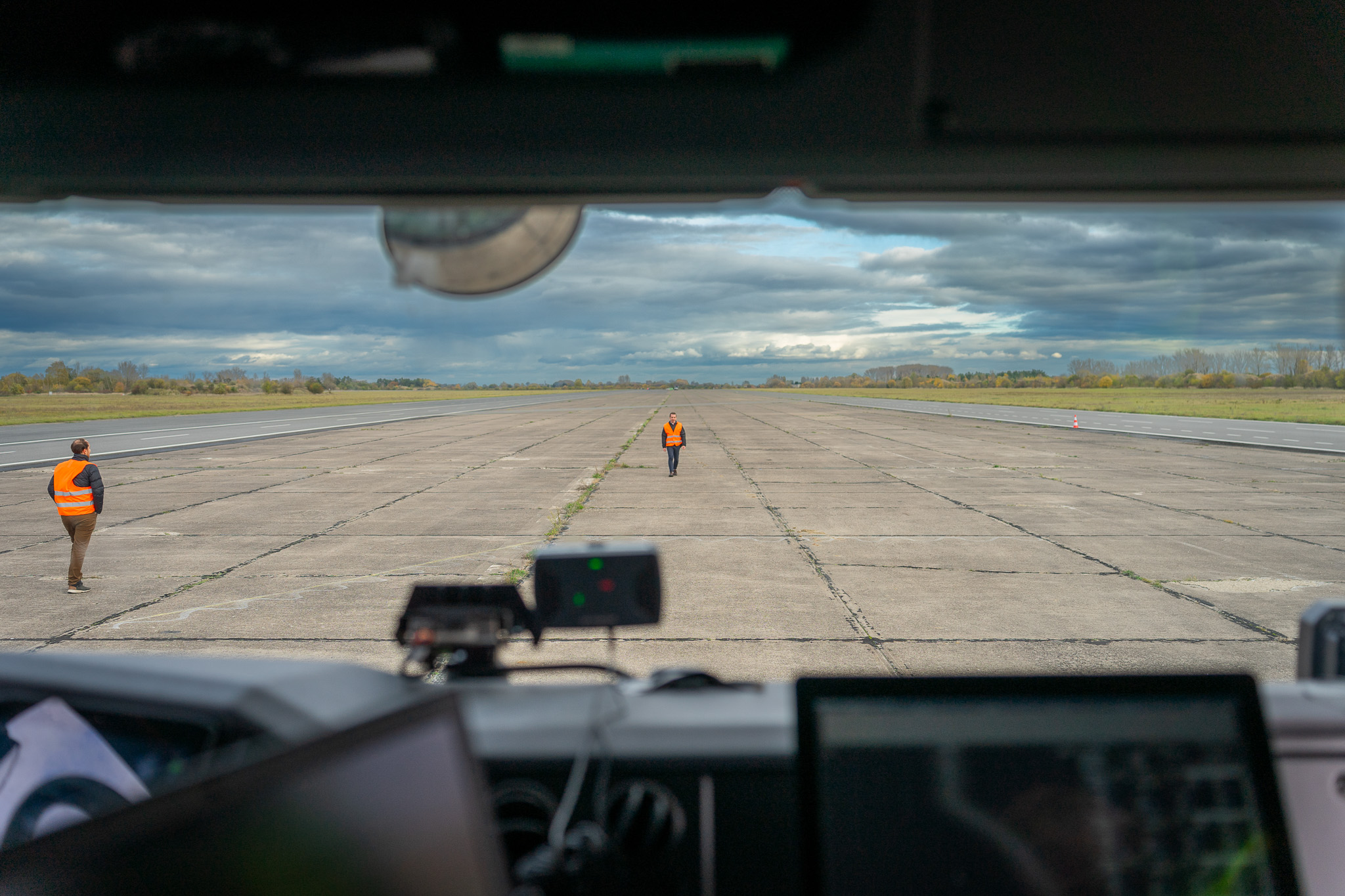
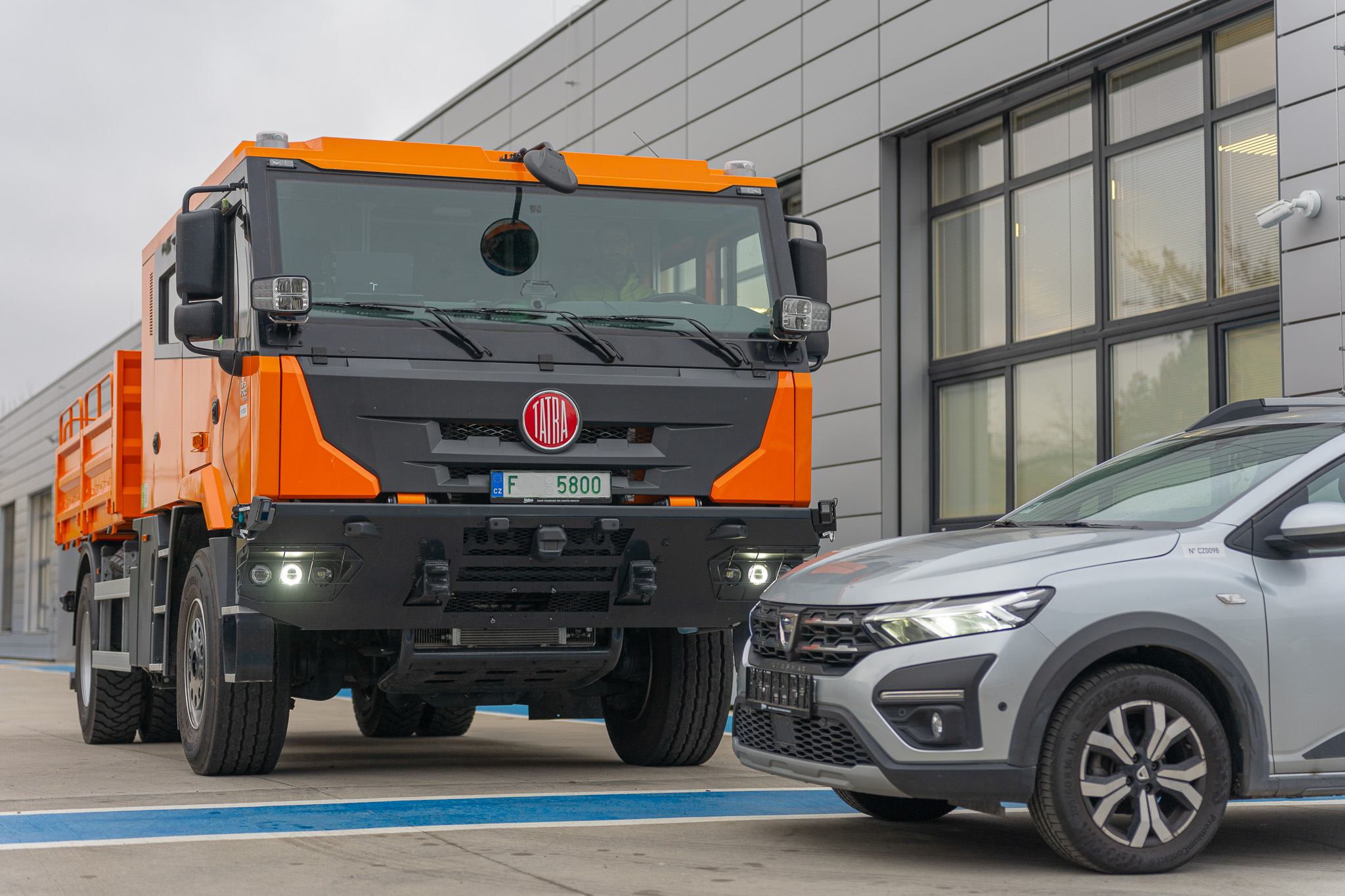

Tactical cognitive agent (TOSCA) is R&D project from programme National Competence Centre for Aeronautics and Space supported by Technology Agency of the Czech Republic, performed in years 2021 to 2022. Informations about the TOSCA project can be found on TAČR website TN01000029/16.
The aim of project TOSCA was to design and implement a software module for flight training authenticity augmentation in ground based synthetic training platforms through natural variability of agents' tactical behavior. Even the expected aim of the synthetic training is to provide repeatable and predictable simulations, the behavior determinism may cause a false sense of self-confidence in gaining expected outcomes and thereby reducing the overall added value of tactical simulations and possibly extending the necessary training period. The variability of initial state parameters enabled to synthesize of a portfolio of human alike behavioral models for agent entities.
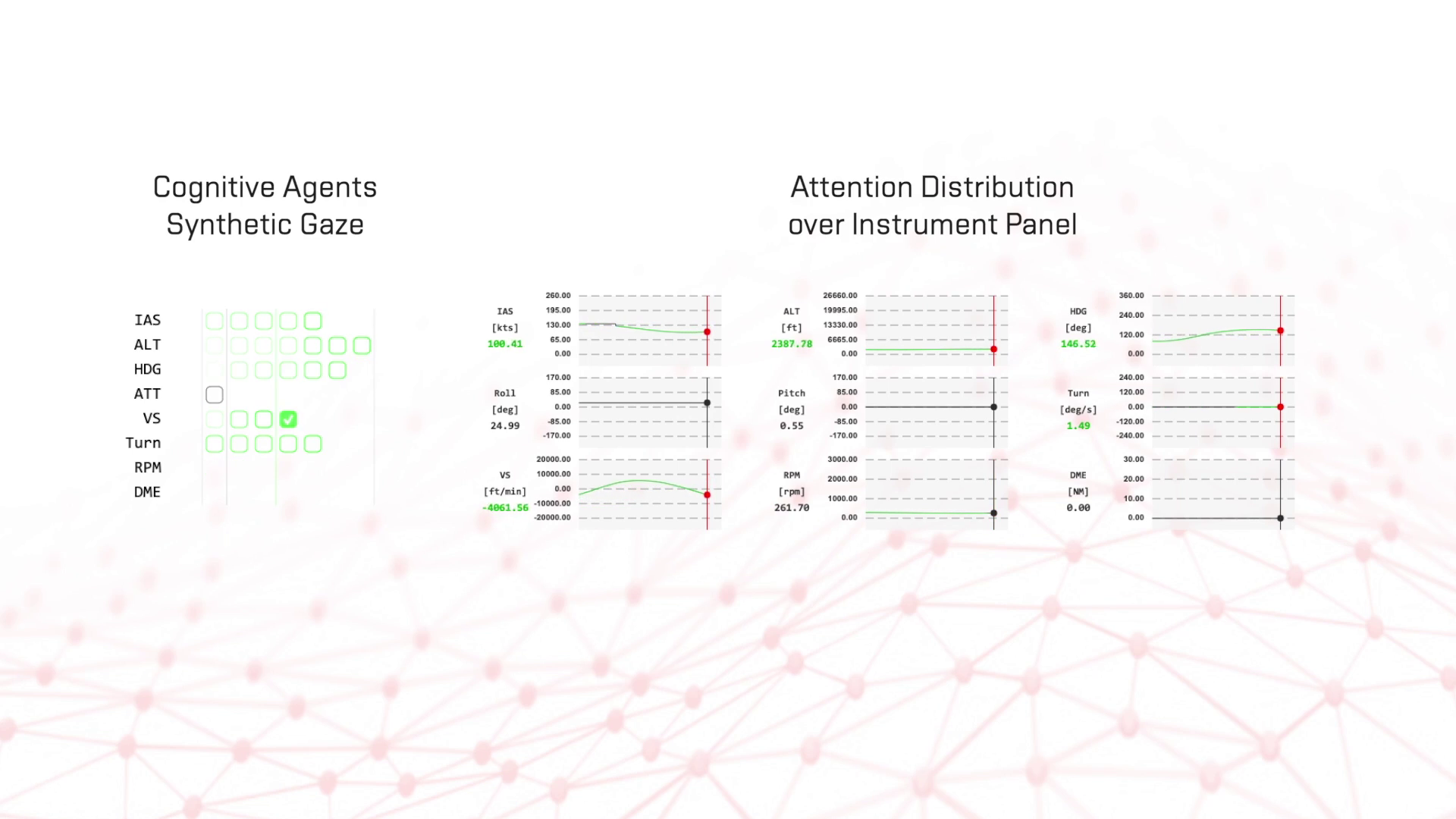
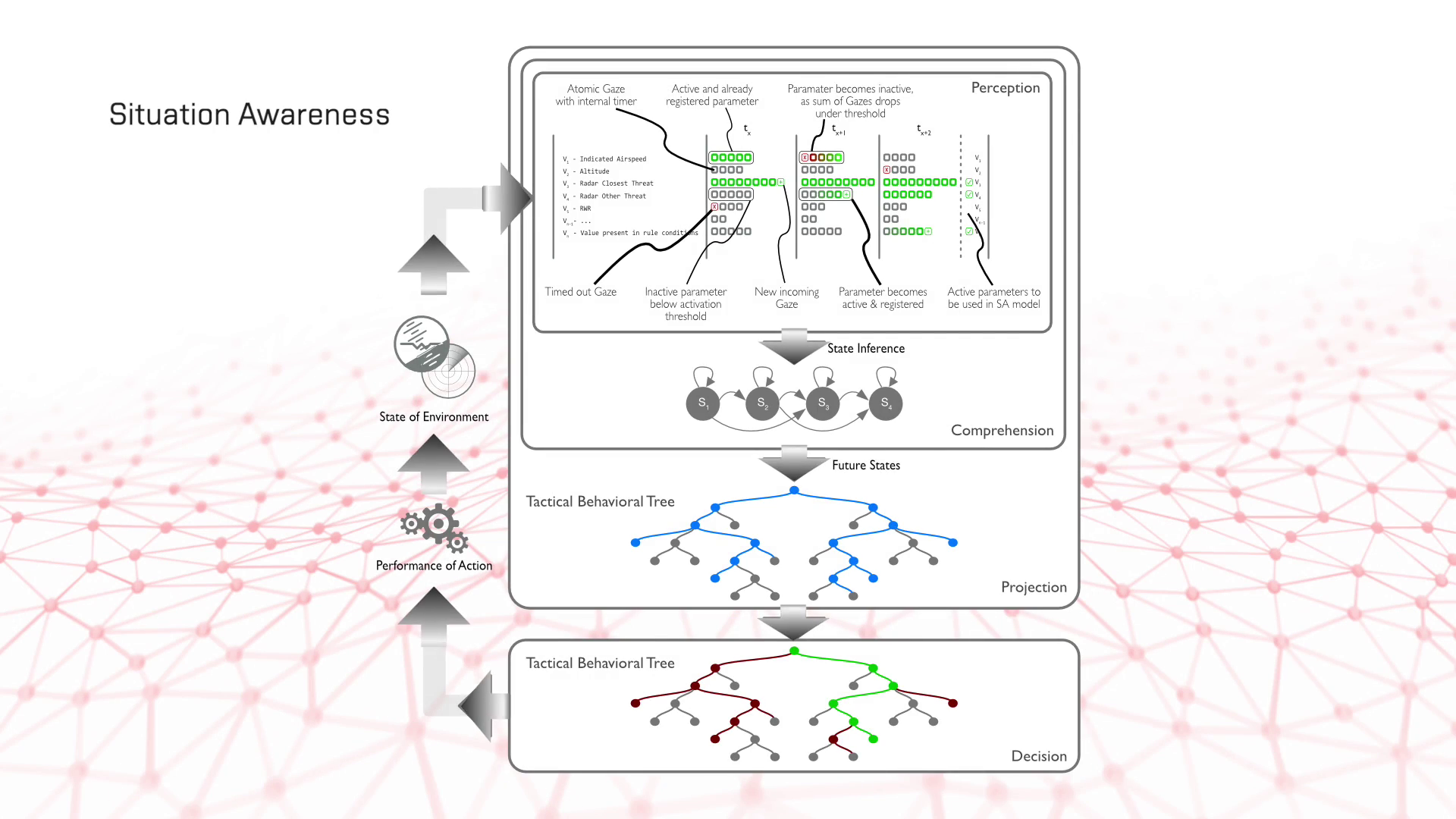
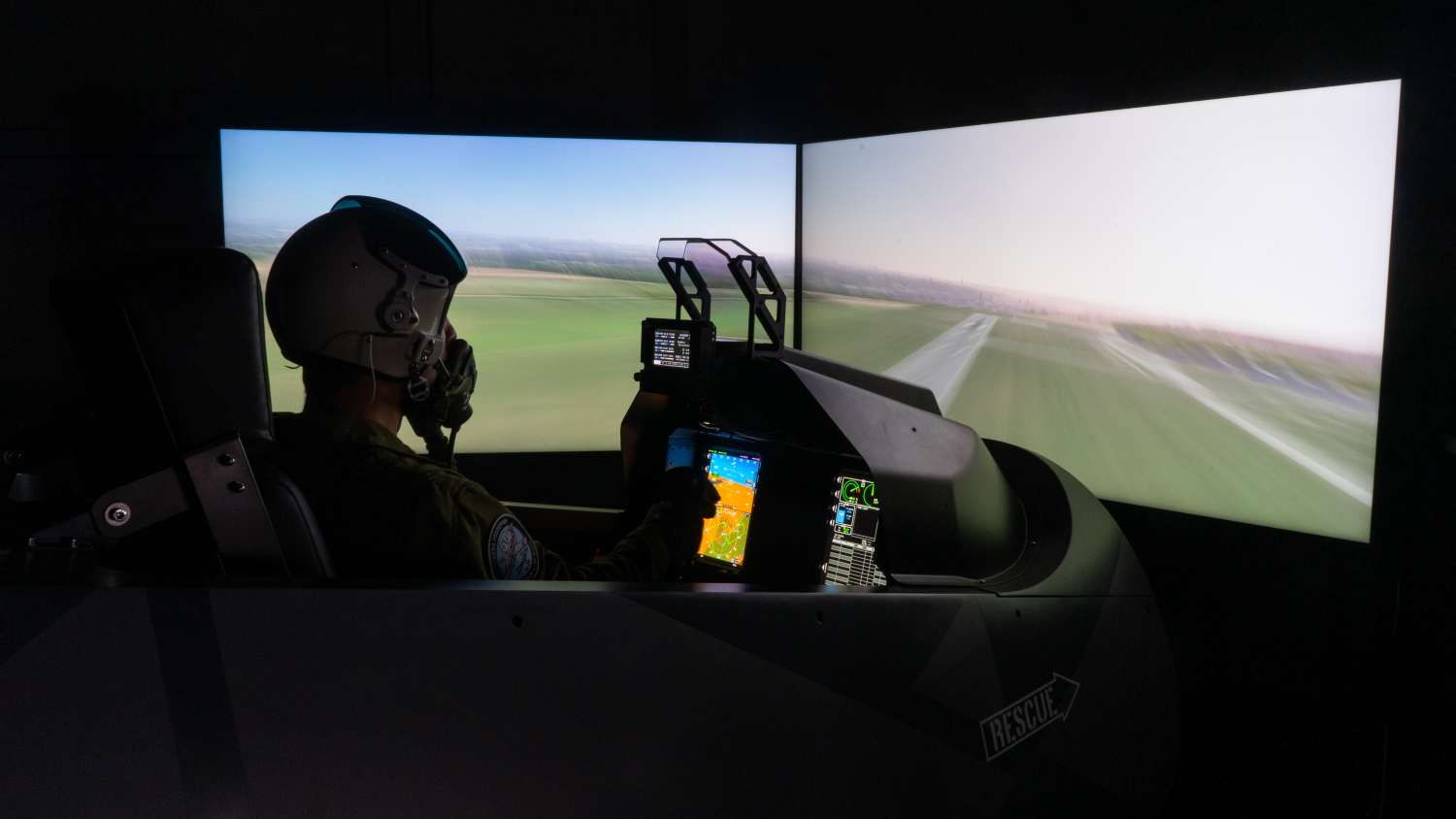
Artificial Intelligence Driven Autonomy (AIDA) is R&D project from programme National Competence Centre for Aeronautics and Space supported by Technology Agency of the Czech Republic, performed in years 2019 to 2022. Informations about the AIDA project can be found on TAČR website TN01000029/2.
Pilot training belongs to time-consuming and financially demanding activities. Its concept reflects not only the technical and technological advancement in aviation, but also a high standard of social expectations. In context of advanced Cyber-Physical Systems, Machine Learning (ML) and Artificial Intelligence (AI), modern pilot training represents a significant scientific, commercial and social challenge. The main project goal is to develop a set of software tools for AI driven autonomy in agents for modern synthetic pilot training platforms. The users of project deliverables will be training organizations and providers of simulation products. Project deliverables increase the added value of products and services of national aeronautical industry and leverage its global competitiveness.
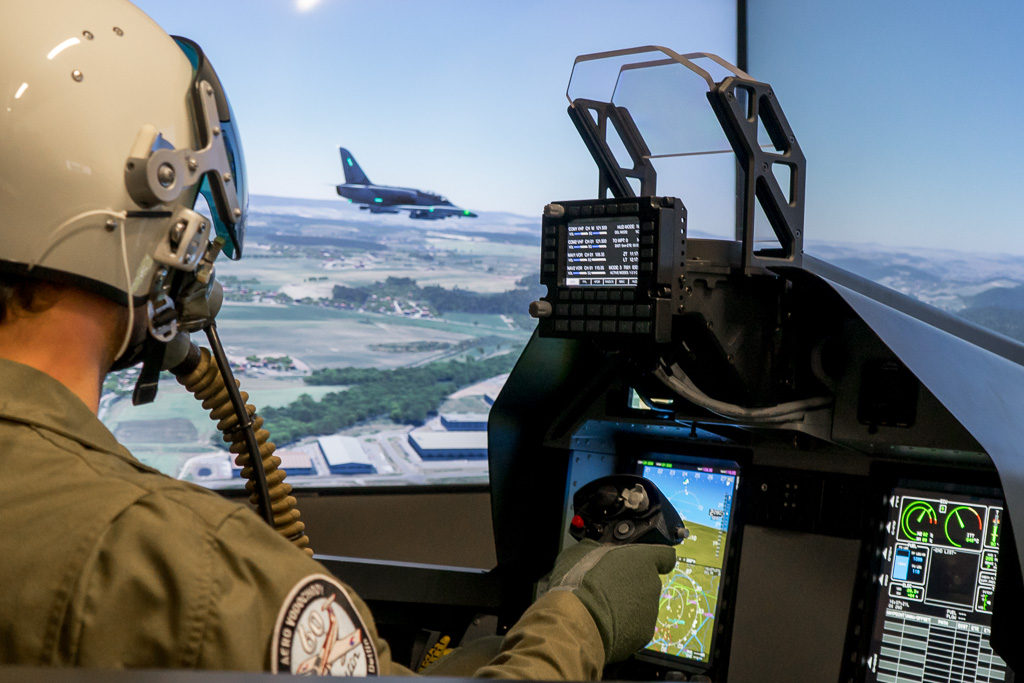
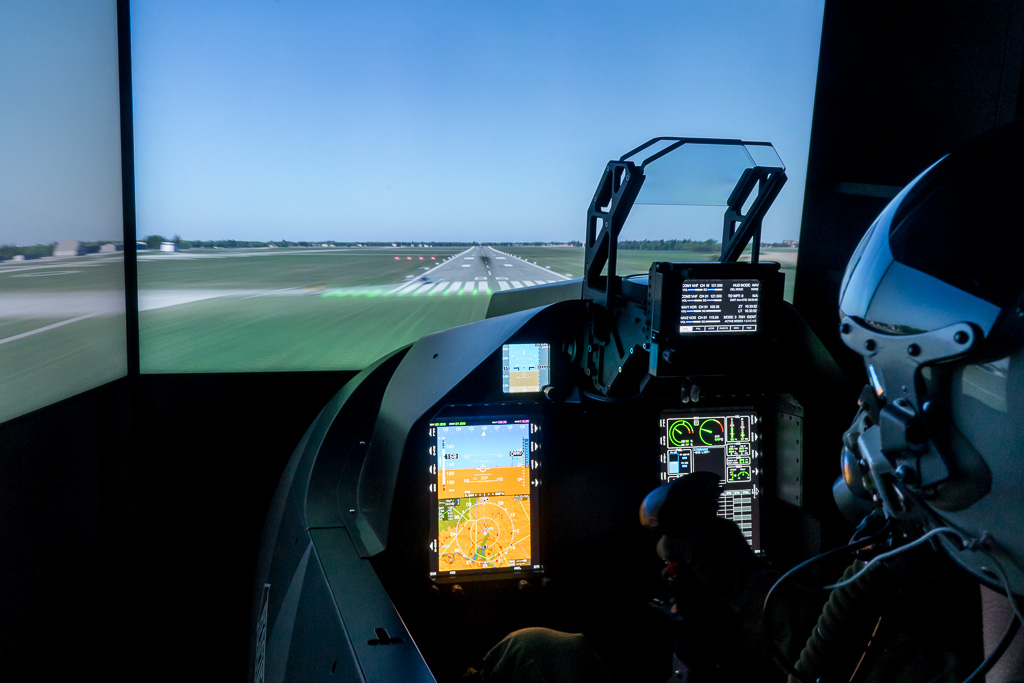
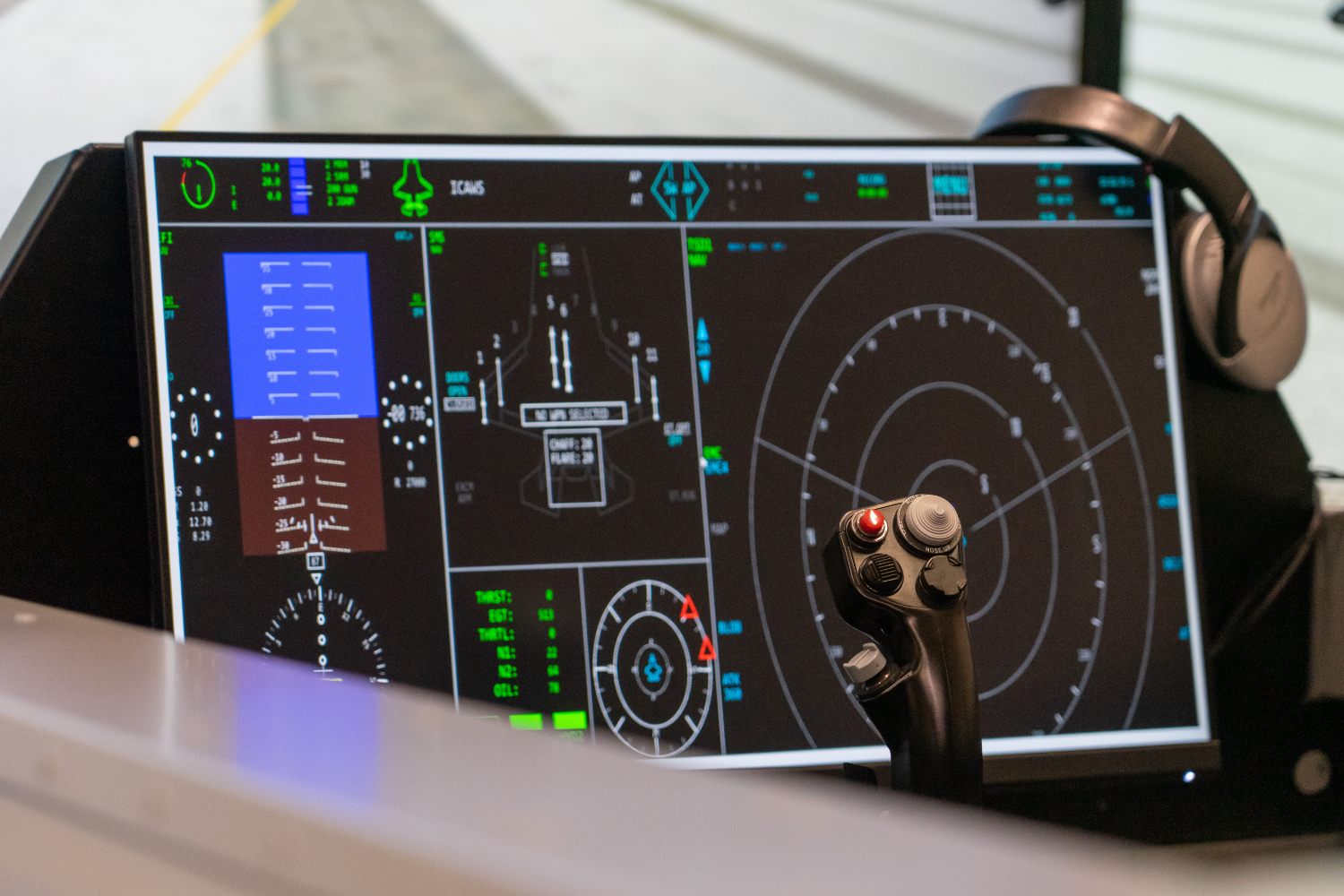
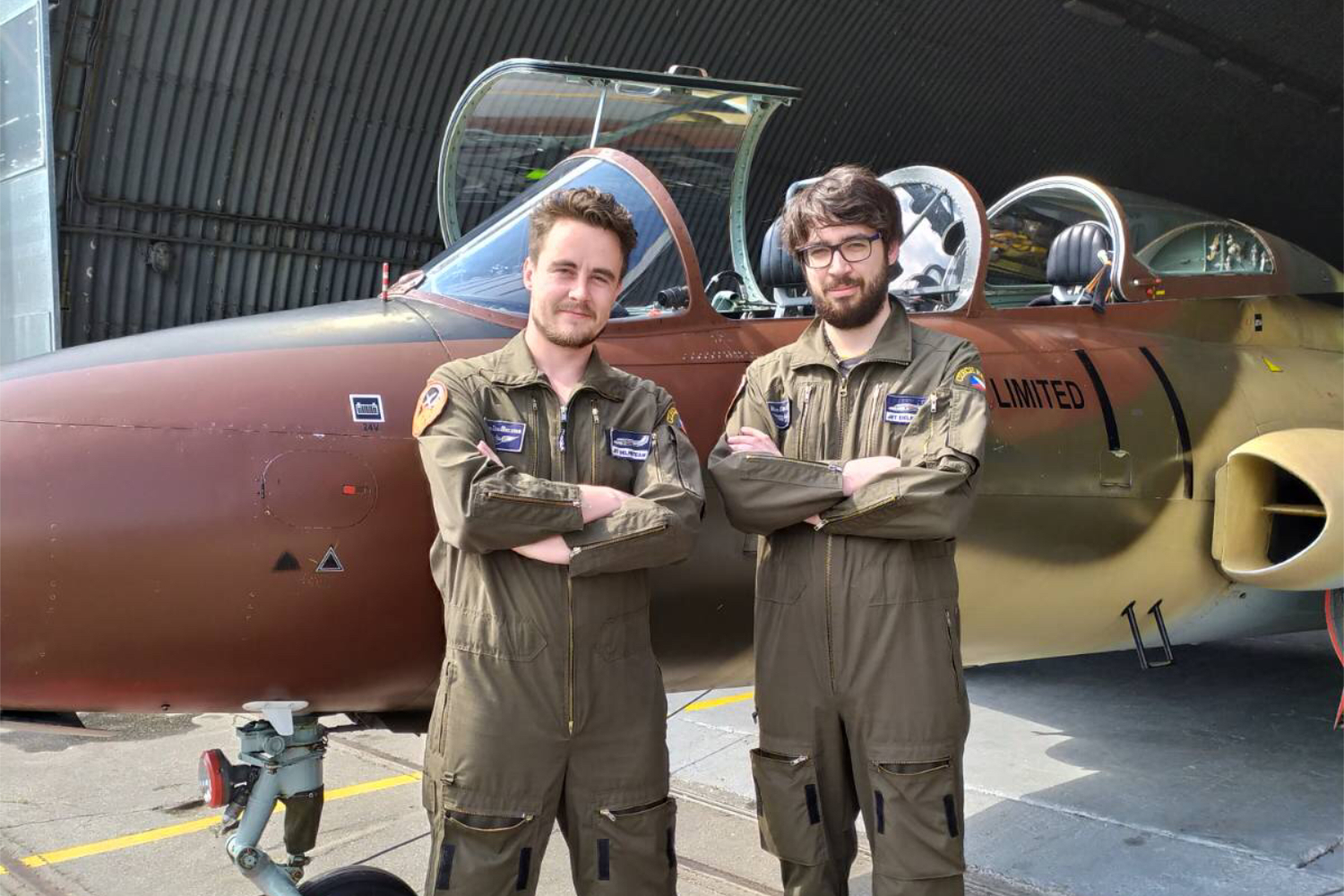
Flight Training Evaluation Software (TREVAL) is R&D project supported by Technology Agency of the Czech Republic, performed in years 2019 to 2021. Informations about the TREVAL project can be found on TAČR website TH04010325.
The aim of the project is to design a solution for flight training evaluation using a unique pilot training evaluation scheme based on the modern cybernetics, machine learning and artificial inteligence. The aim of the funding is to support a broader enagagement of an established university department and to accelerate research and developmnet of a solution requested by flight training industry. The intention is to supersede a subjective training evaluation with a modern objective system capable of piloting technique identification and an estimation of learning proficiency. The deliverable consists of a set of software solutions, which when trained will allow to evaluate pilot flying proficiency level based on measured state and control quantities, physiological states and speech analysis.
Integrated simulation platform (ISP) is R&D project supported by Technology Agency of the Czech Republic, performed in years 2013 to 2015. Informations about the ISP project can be found on TAČR website TA03010396.
Utilization of simulators with insufficient authenticity may lead to negative training. In case the upset recovery allows exceeding the physical limits of the real machine, this phenomenon is regarded as an improper use of simulation echnology. The effects of negative training concern the simulation industry. The aim of the proposed project is the research and development of an integrated simulation platform, capable of high fidelity spatial simulations of transportation devices.
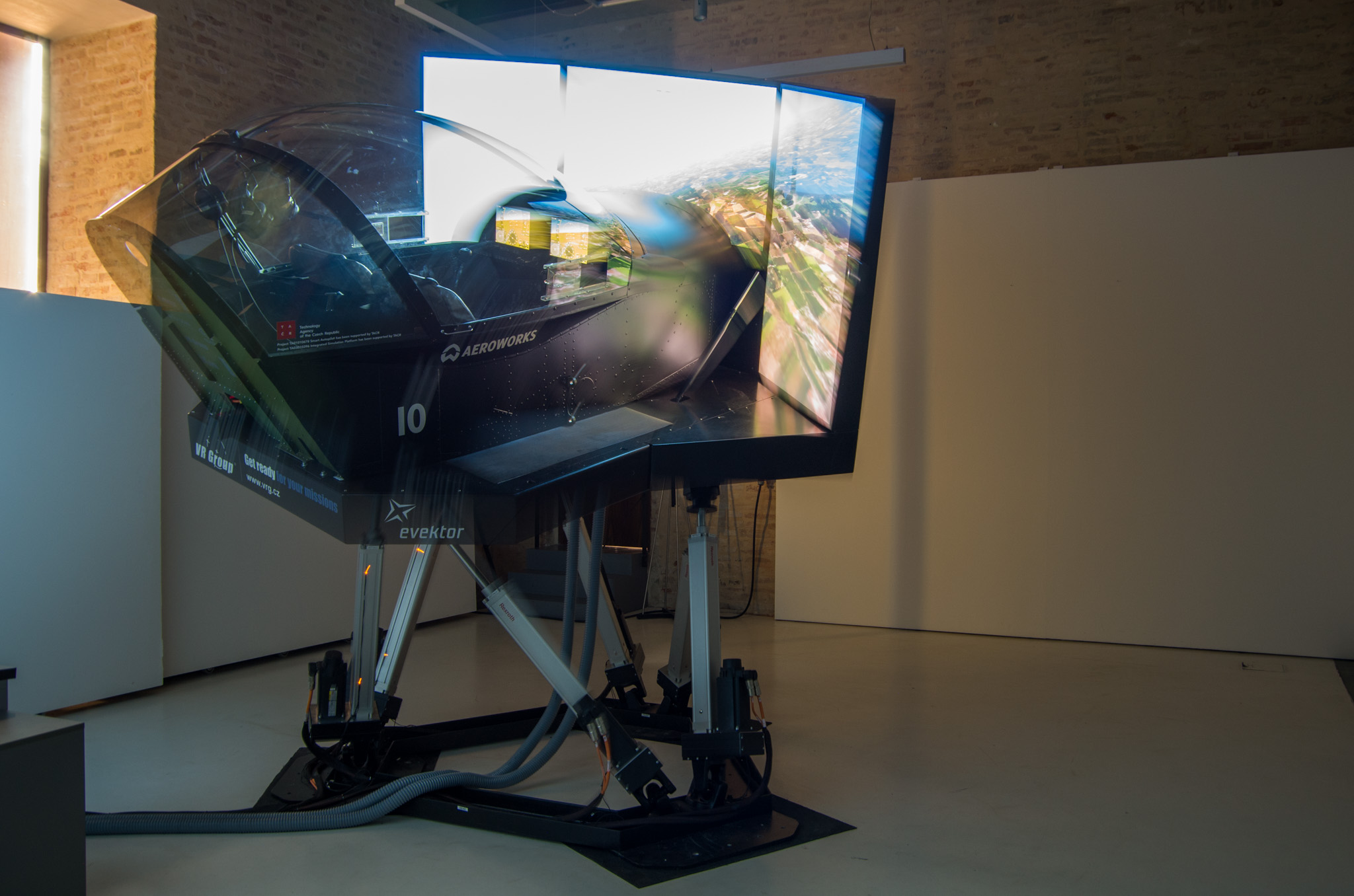
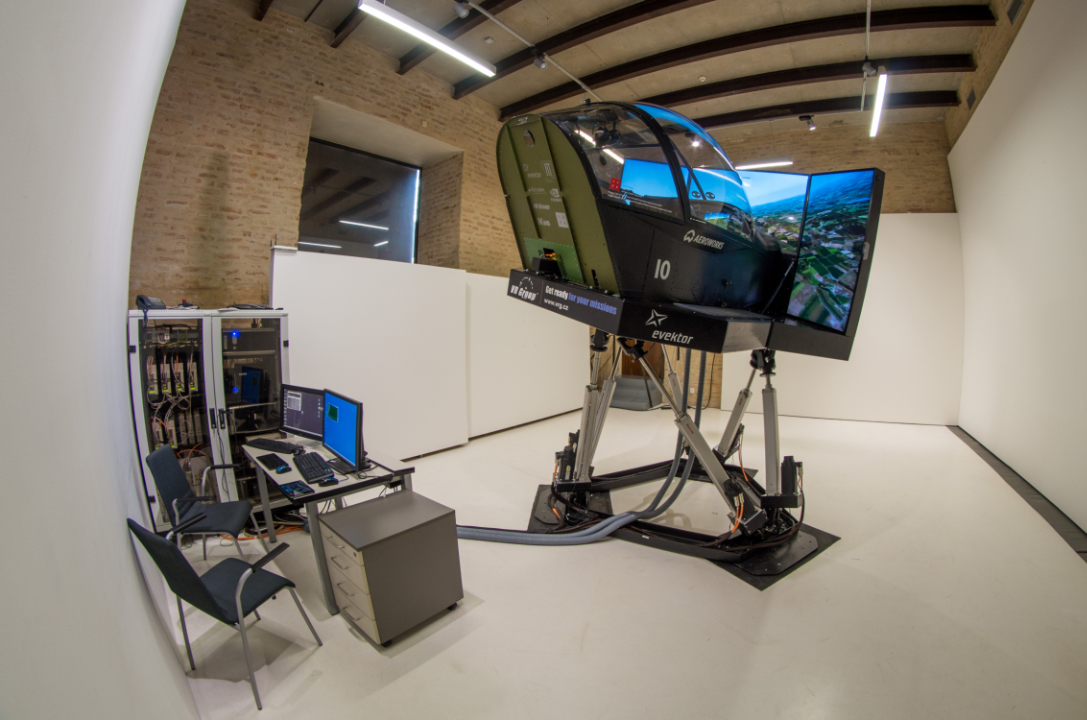
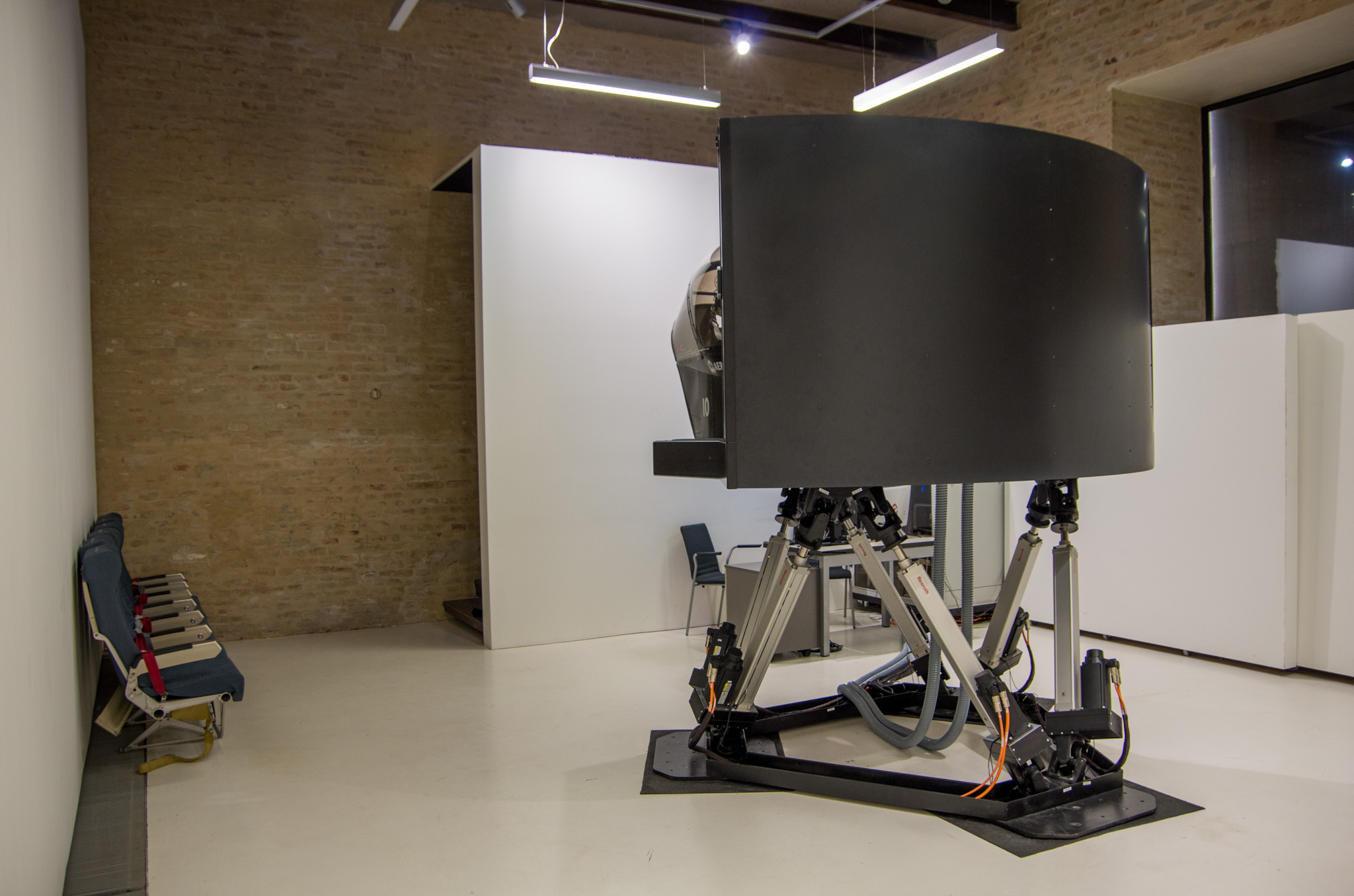
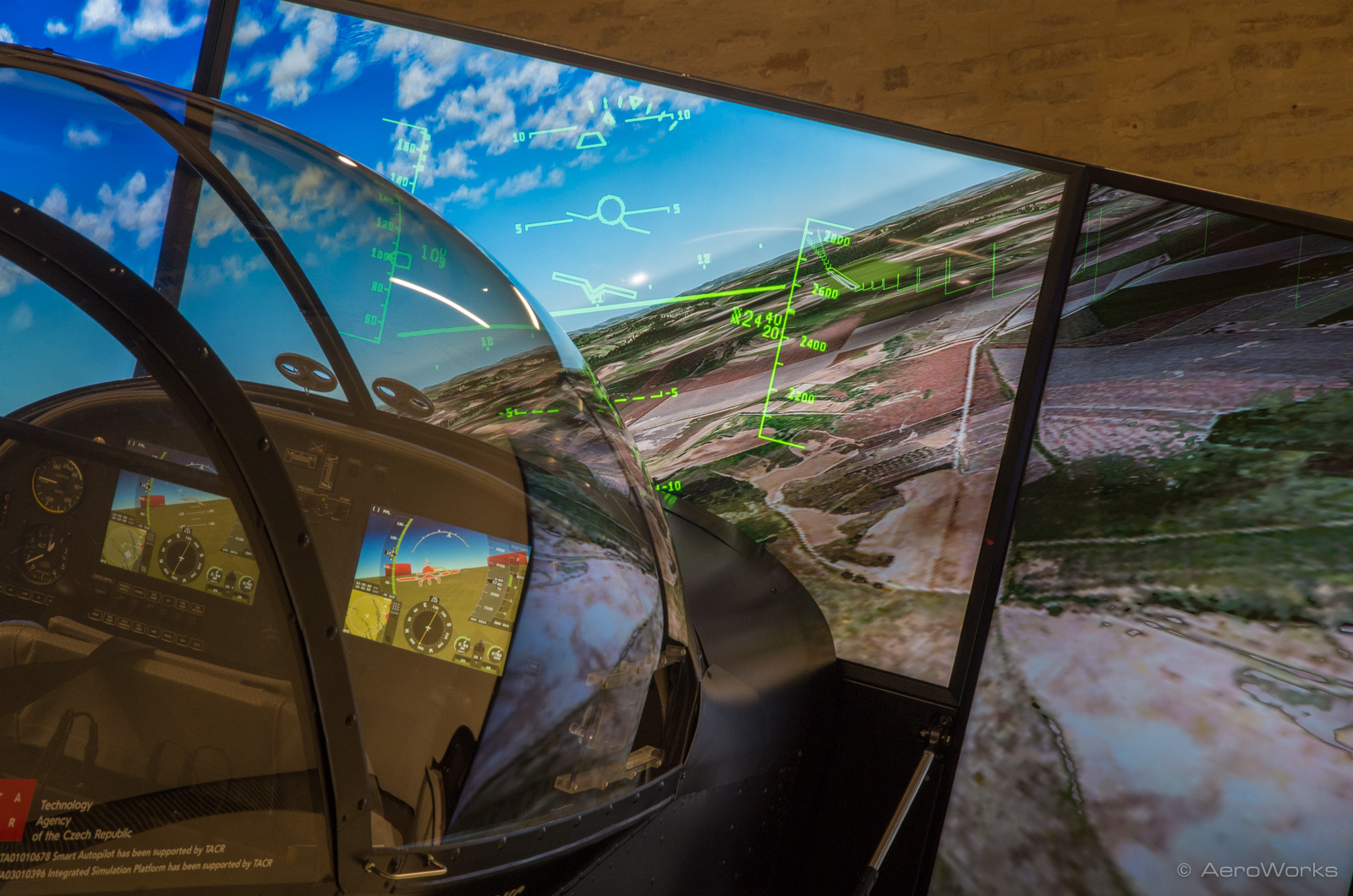
Smart Autopilot is R&D project supported by Technology Agency of the Czech Republic, performed in years 2011 to 2013. Informations about the Smart Autopilot project can be found on TAČR website TA01010678.
The goal of the proposed project is to design a "Smart Autopilot", applicable to the LSA and Microlight aircraft. The main advantage of the Smart Autopilot is, when compared to the state of the art, commercially available solutions, the implementation of new safety features that integrate flight envelope protection and include new approaches to automatic flight control.
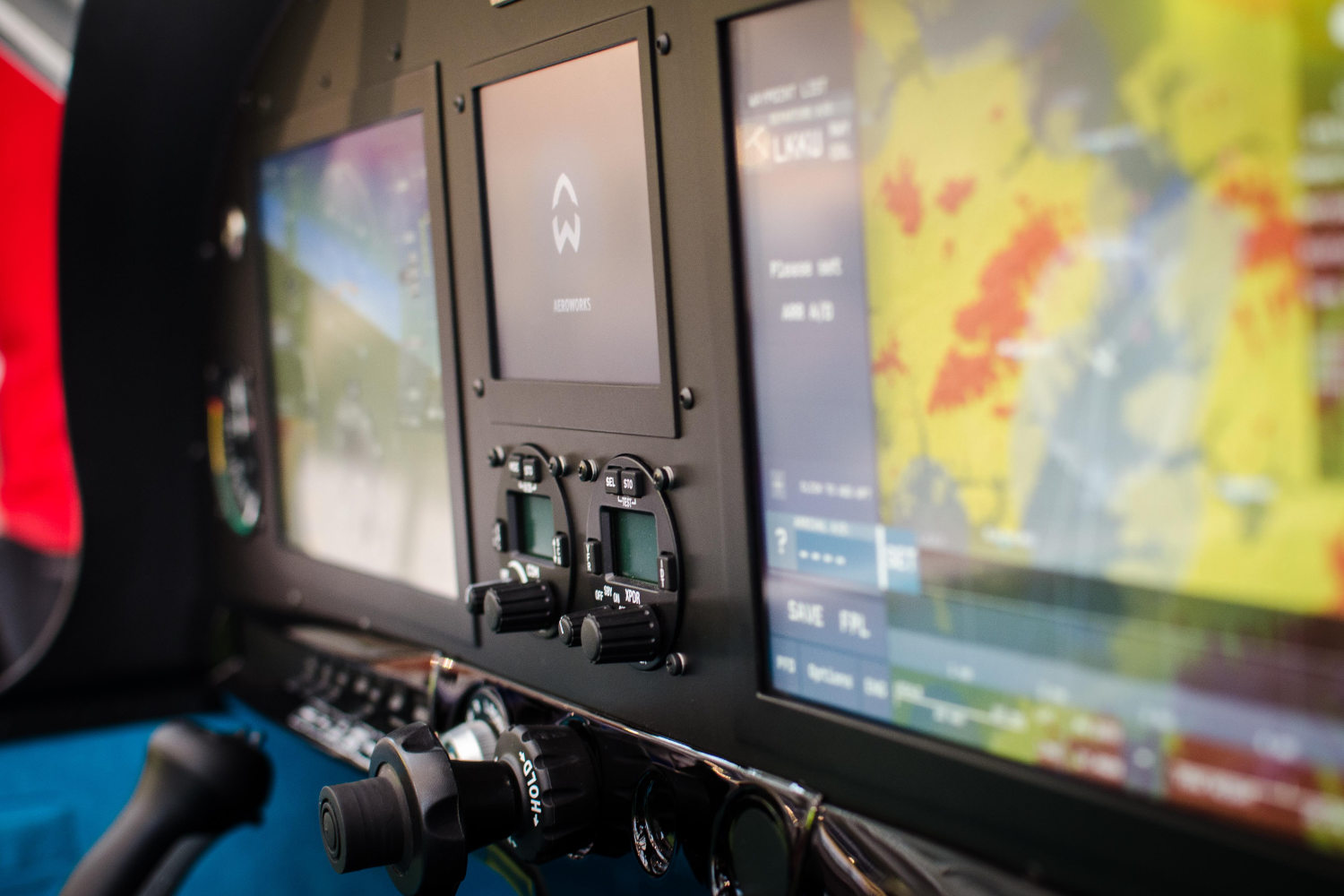
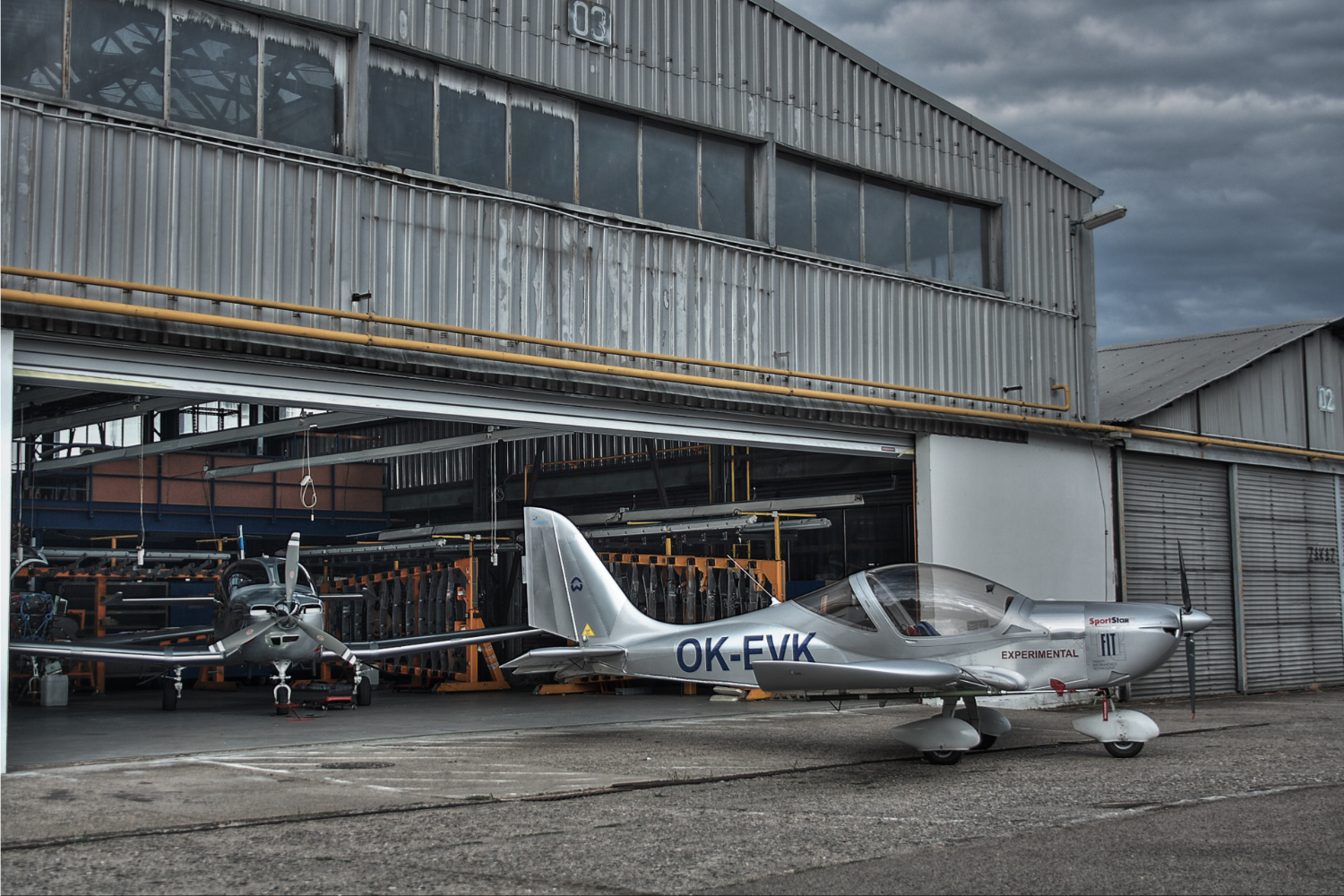
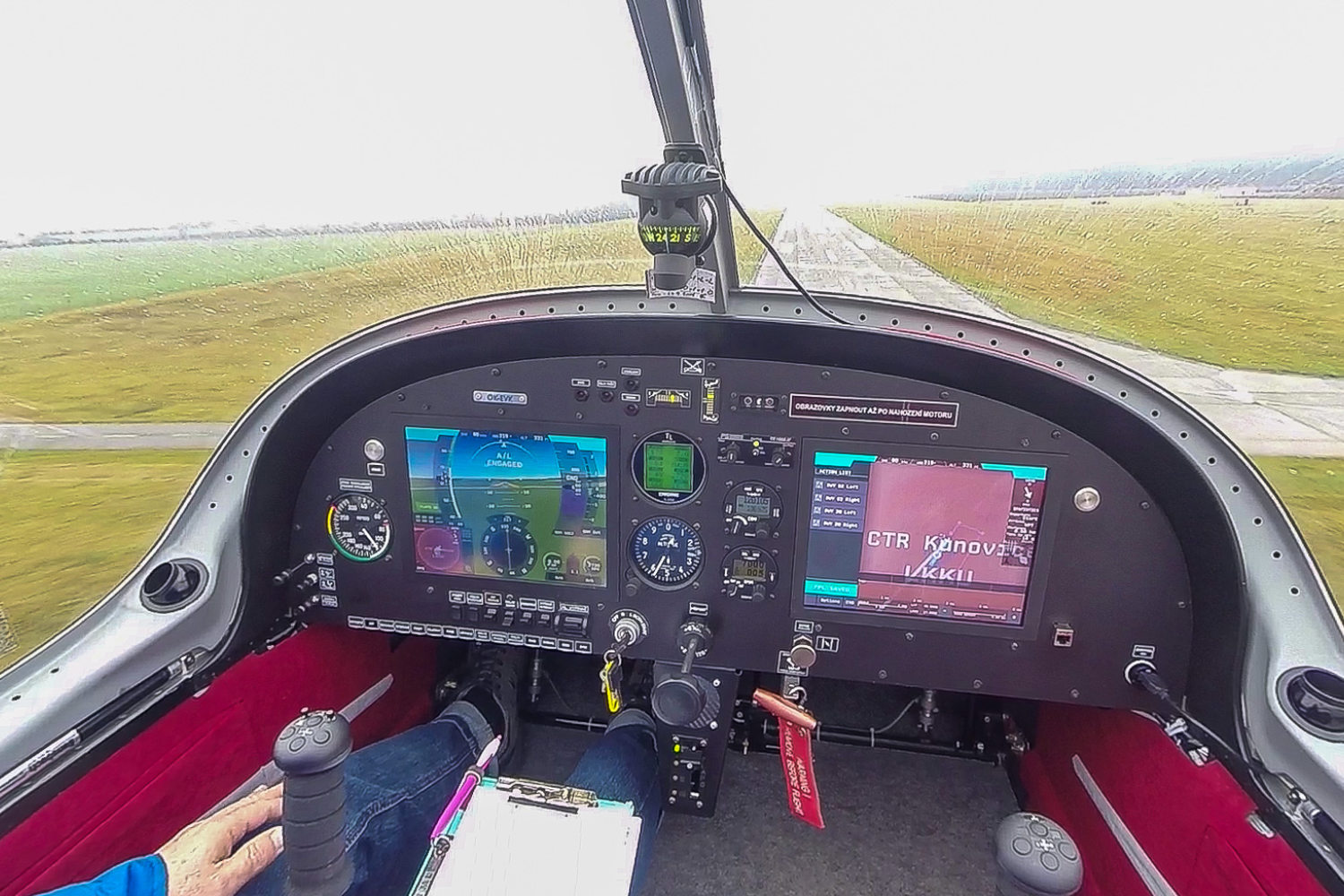
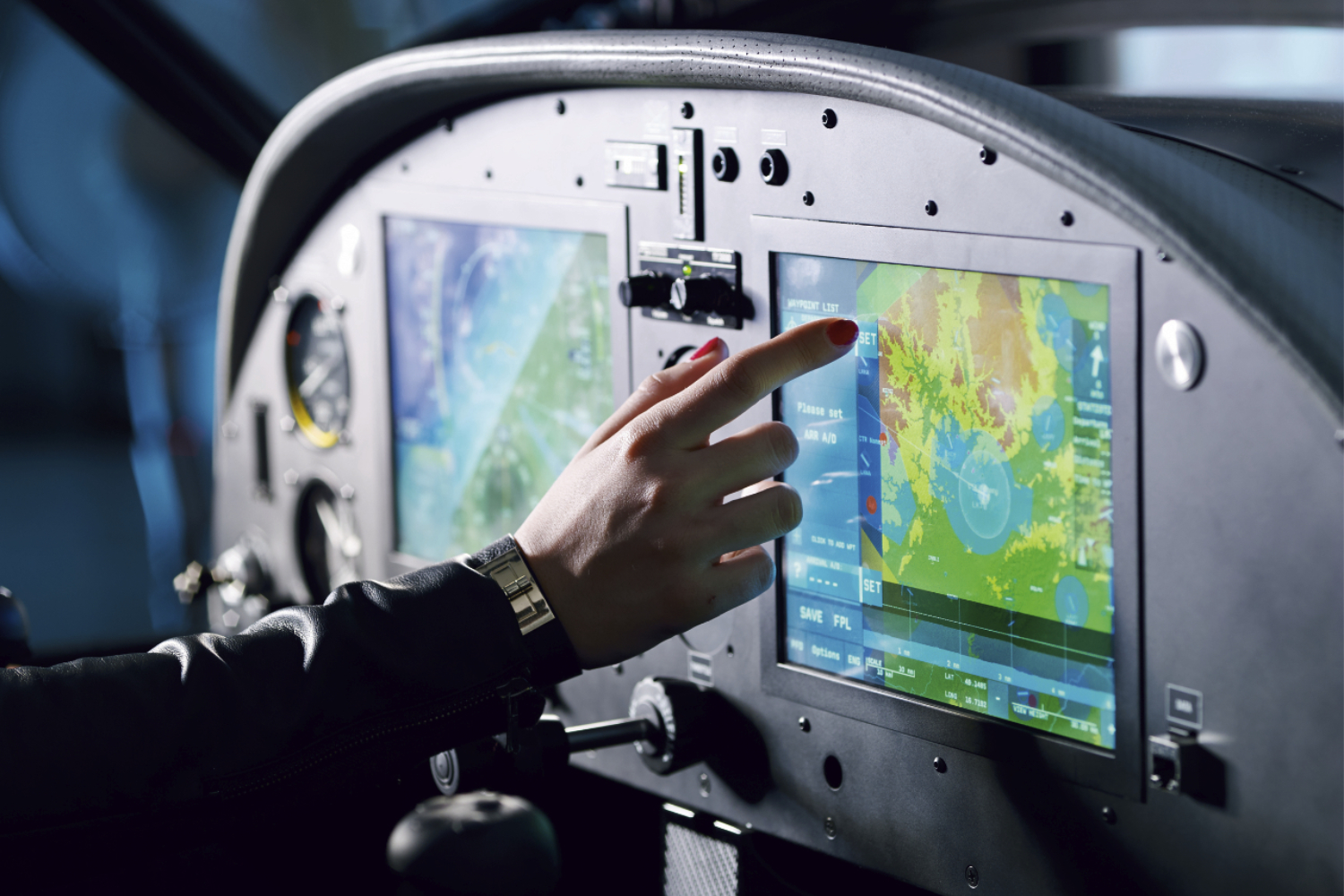
Software for Airframe Loading Investigation (SALI) is R&D project supported by Technology Agency of the Czech Republic, performed in years 2013 to 2015. Informations about the SALI project can be found on TAČR website TA03010399.
The project SALI follows the activities connected with the integrated project CESAR of the 6th Frame Program of the European Commission. The software ALAN was developed in the frame of this project. The goal of the project SALI is enhancement of versatility of this software, improvement of calculations, optimization of computational procedures and databases, validation based on flight tests and first of all preparation for its commercialization. The important result of the project will be the user's guide and the detailed analysis of implemented methodology of calculation. The new software should replace the very successful software SAVLE which was created in the eighties of the last century. The architecture of this software does not allow its adaptation to the new possibilities of computer technology- the accuracy of the dynamic aircraft model doesn´t correspond to the current knowledge and work with the program is time-consuming. The consortium of the project partners intends to utilize their experience with the software SAVLE and ALAN and to create the new software which has the ambition to become a common software tool for aircraft certification according to regulation CS-23 and which is accepted by aviation authorities. The aim is to create flexible, adaptable and extensible software which will help to accelerate development work, will be able to archive input data and calculation results transparently and will improve critical aircraft loading calculation. It will consequently reduce costs of development and modification of aircraft, will enhance air traffic safety and will optimize airframe weight.
